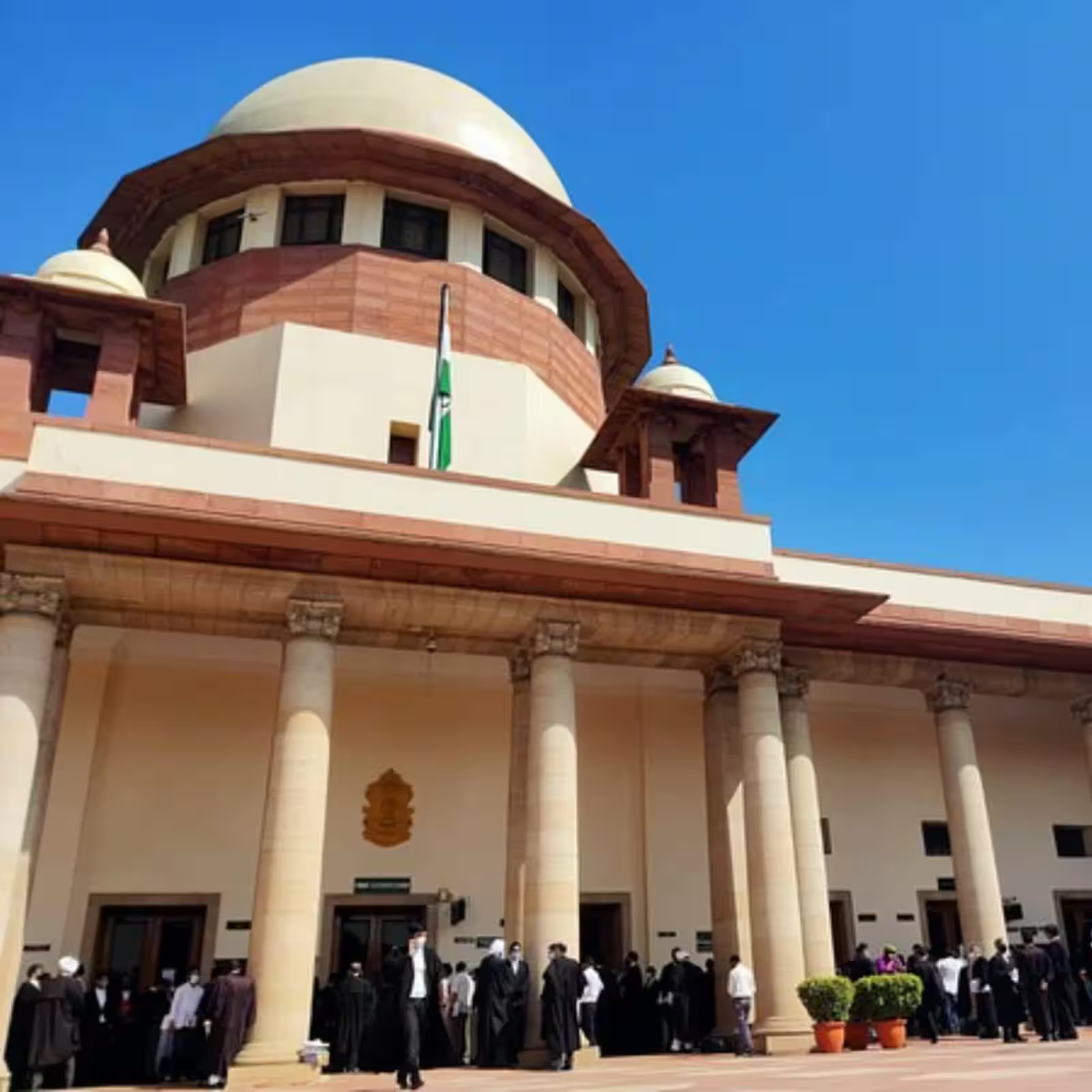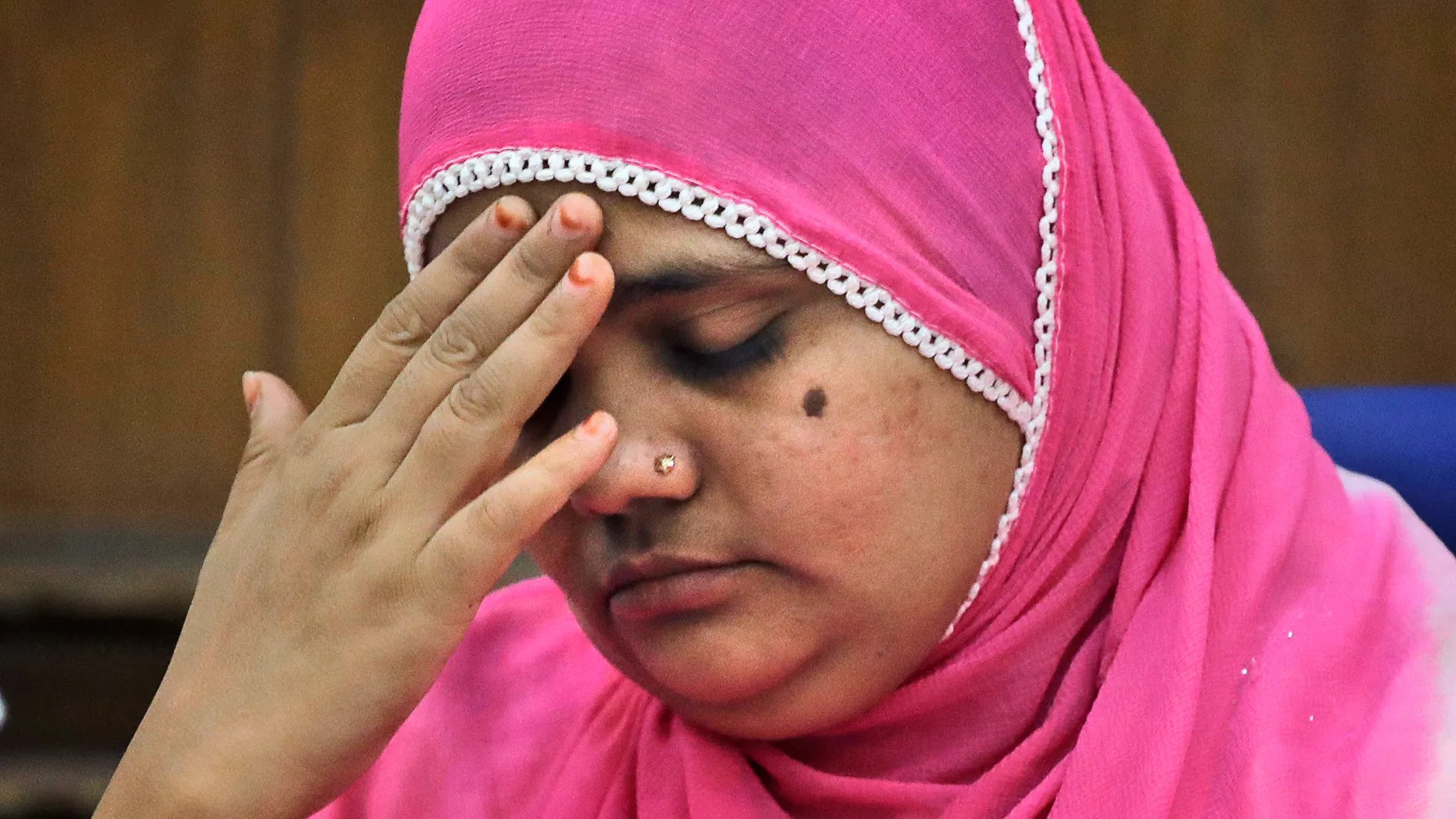India's Supreme Court Mandates 11 Convicts Of Murder And Gang Rape To Return To Jail Following Early Release
India's Supreme Court mandates 11 convicts of murder and gang rape to return to jail following early release. The order overturned a state government's ruling to release the convicts who were sent to jail for gang-raping Bilkis Bano, a pregnant Muslim woman, during Hindu-Muslim riots in 2002.
Author:Rhyley CarneyReviewer:Paula M. GrahamJan 09, 20243.8K Shares62K Views

India's Supreme Court mandates 11 convicts of murder and gang rape to return to jail following early release. The order overturned a state government's ruling to release the convicts who were sent to jail for gang-raping Bilkis Bano, a pregnant Muslim woman, during Hindu-Muslim riots in 2002. Bilkis Bano, then 21 and pregnant, suffered the brutal assault, and the same mob also claimed the lives of 14 members of her family, including her 3-year-old daughter.
The Bharatiya Janata Party (BJP), which is in charge of the Gujarat state government, made the decision that led to the men's release in August 2022 after serving a 14-year sentence. However, the Supreme Court's recent decision nullified this release and mandated the individuals to report back to prison authorities within two weeks.
The court ruled that the Gujarat government lacked the competence to issue remission orders, emphasizing that the trial and sentencing took place in the state of Maharashtra. Criticizing the Gujarat government for the misuse of discretionary powers in releasing the 11 convicts without proper authority, the court highlighted a procedural lapse.
Supporters of Bilkis Bano, who had denounced the release of the men and viewed it as both an insult to Muslims and an infringement on women's rights, welcomed the decision with joy. This comes in a country where government data reveals a disturbing statistic: a woman is reported to be raped every 17 minutes.
“„Rule of law has been restored by this judgment. Many Congratulations to Bilkis and to all of us who stood by her and fought for her.- Shobha Gupta, Bano’s lawyer
Aparna Bhat, an advocate for one of the petitioners in the case, also praised the ruling. "We really salute the judges who interpreted the whole provision of the law and for categorically directing that the accused should surrender," Bhat said. "This was an extraordinary case and a phenomenal judgment by the Supreme Court."
The atrocities against Bilkis Bano occurred in February 2002, during the eruption of centuries-old divisions in Gujarat between the majority Hindus and the minority Muslim community. This period marked one of India's most devastating religious riots, resulting in the tragic deaths of over 1,000 people, predominantly Muslims.
Despite an inquiry determining that Narendra Modi, who was Gujarat's chief minister at the time, was not directly responsible for the riots, the scars of the violence remain. Bano, recounting the horrifying incident in court, described how the assailants approached them armed with swords, sticks, and sickles.
According to court documents, her young daughter was brutally grabbed and smashed to the ground by one of the attackers. Bano herself was subjected to a harrowing gang rape, while the others in the mob assaulted her sisters, aunts, and their daughters. She lost consciousness and, upon awakening hours later, found herself surrounded by lifeless bodies.
Following a high-profile trial in 2008, Bilkis Bano's assailants were handed life sentences for the charges of rape and murder. However, in August 2022, the state government granted them remission under a provision in India's Code of Criminal Procedure, allowing prisoners to be released after completing 14 years of their sentence.
Conclusion
The decision triggered widespread outrage across India, prompting protests in solidarity with Bano from Kolkata to Mumbai. Critics argued that the release of the men was marred by political interference, misogyny, and religious discrimination.
Jump to

Rhyley Carney
Author

Paula M. Graham
Reviewer
Latest Articles
Popular Articles
